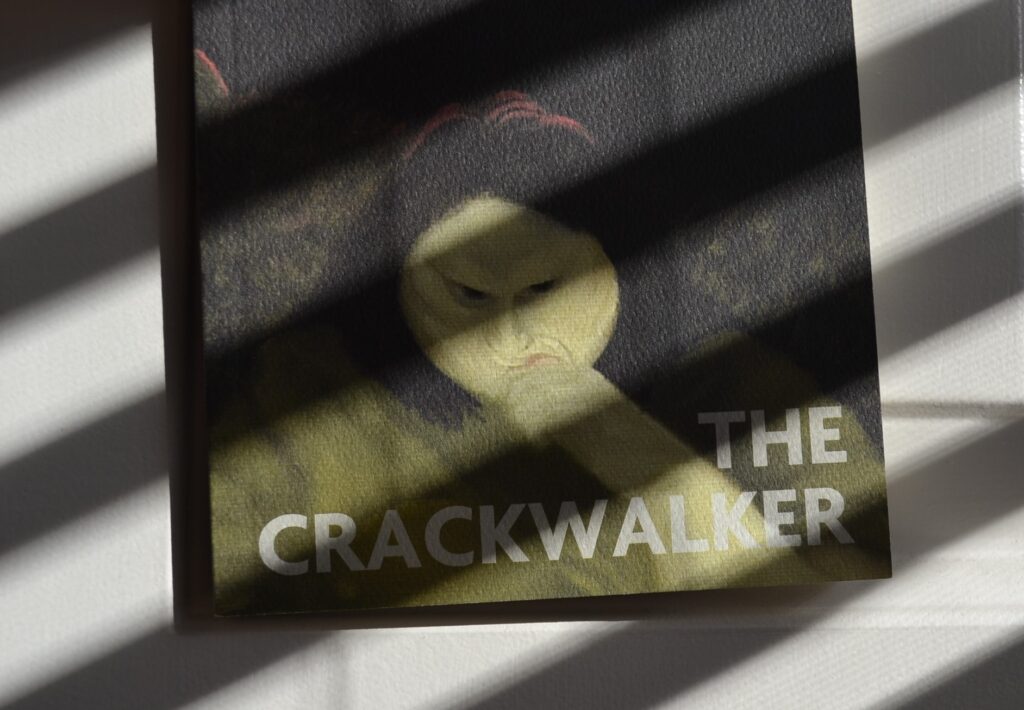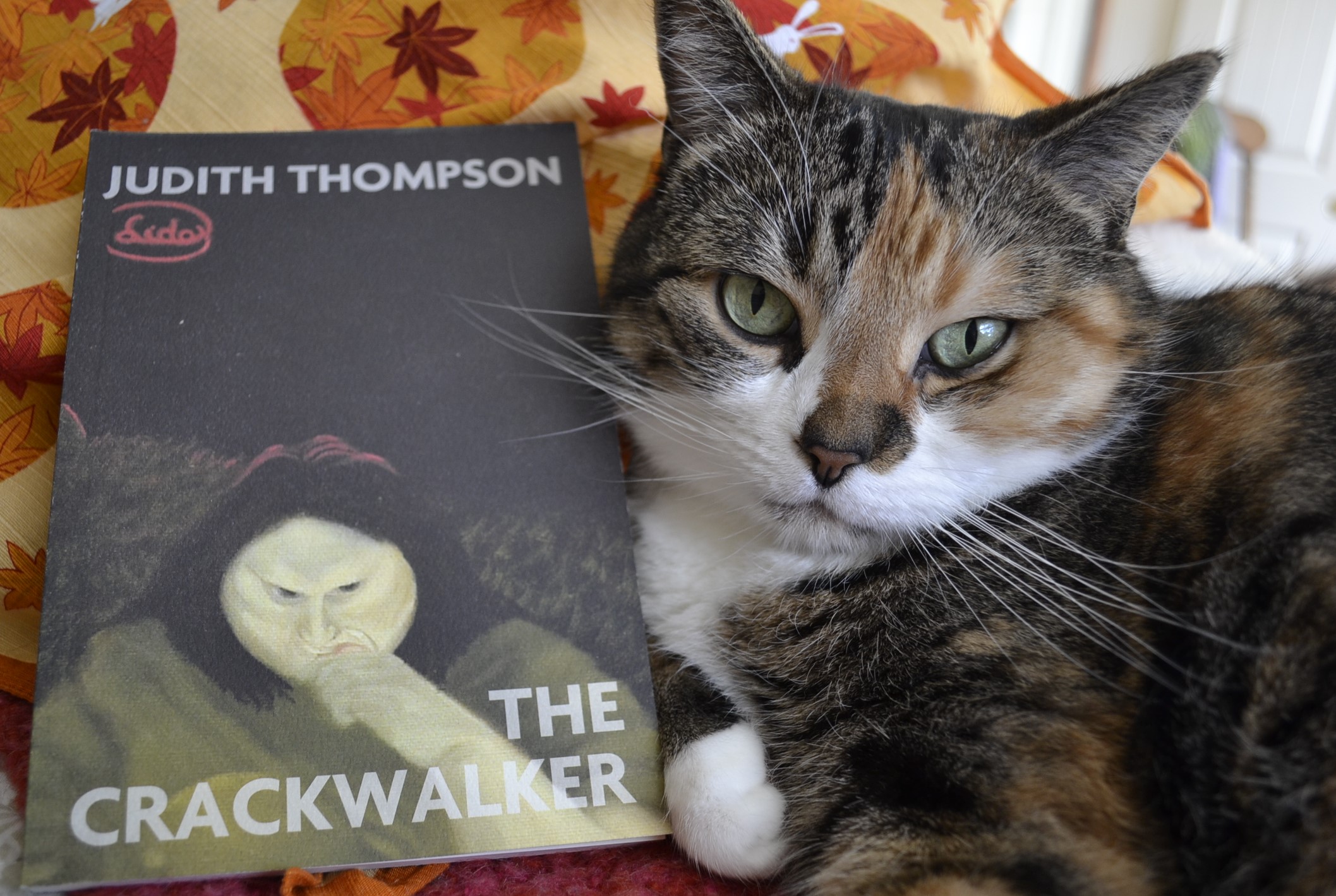Pleasantly Distracted
I just received a bunch of books for my birthday, and among them was a two-volume set of crime novels of the 1960s from Library of America. Nine novels in total, most of which are long out of print and absolute gems — the set kind of took my reading goals and my to-be-read stack completely off the rails. Sometimes when you’re excited about a book, it’s so satisfying to just dive in and start reading right away. However, as my stacks grow and we get busier with work, I find that it’s harder to let go of this rough mental map I have of what books I’m reading and when I want to finish them.
It’s making one of the major joys I get out of life, into a stressful ever-evolving list. And that needs to stop. So I’m trying to listen to my lovely spouse and allow myself to get pleasantly distracted and just read what I want to read when I want to read it. This is not school and I am not working to a deadline. It’s time to rediscover the love of reading and stop worrying about when a book will get finished. It’s about the journey, not about the last sentence.

Intense and Frightening
Judith Thompson’s The Crackwalker is a play that is both very intense and quite frightening. The play follows a group of friends comprised of two couples: Joe and Sandy, and Theresa and Alan. These four are living life on the fringes in the slums of Kingston, Ontario. Uneducated, out of work, desperate, and broken, they fight constantly yet somehow manage to stick together through trial, tribulation, and abject poverty.
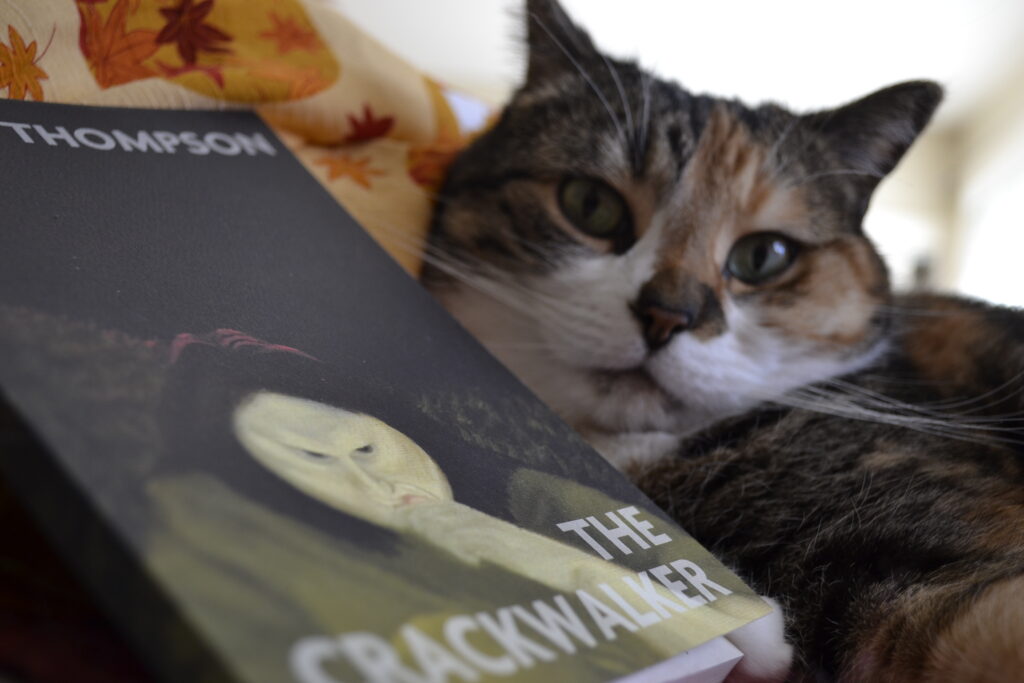
The title of the play is a reference to how each of these characters fall through or are walking along the cracks of society, where being down and out is just a normal part of life. Everyone wants better but no one can escape their circumstances because they are being kept where they are by factors beyond their control, or because they are choosing to remain ignorant and angry at the world for dealing them a bad hand. At the centre of the drama is Theresa, a woman with intellectual disabilities, who is looking for a place to stay and for people to have in her life that don’t end up taking advantage of her. She is sometimes a prostitute and always living an existence that is precarious and uncertain. She falls in with Alan, a broken, angry man who wants a family to heal the wounds he does not want to acknowledge and the things inside him he does not want to see. Soon events devolve into a perfect storm that comes with violence perpetrated against the most vulnerable.

The Demands of Monologue
This drama is a great example of the power of monologue. If you come from a place of studying prose literature, your urge is to cringe when you turn the page in the play and come across a big block of text. But, actually, a monologue is a blessing rather than a curse. It’s a chance to be ushered in to a character’s inner life and thoughts. It’s a place for exposition and for heightening whatever effect the playwright is building — be that humour, suspense, or sympathy.
Thompson uses it to develop each character and force the audience to listen to the stories of where they came from and why they ended up in their current situation. With a less talented playwright, these passages could contain too much information or be too heavy, but Thompson approaches them with the perfect touch.
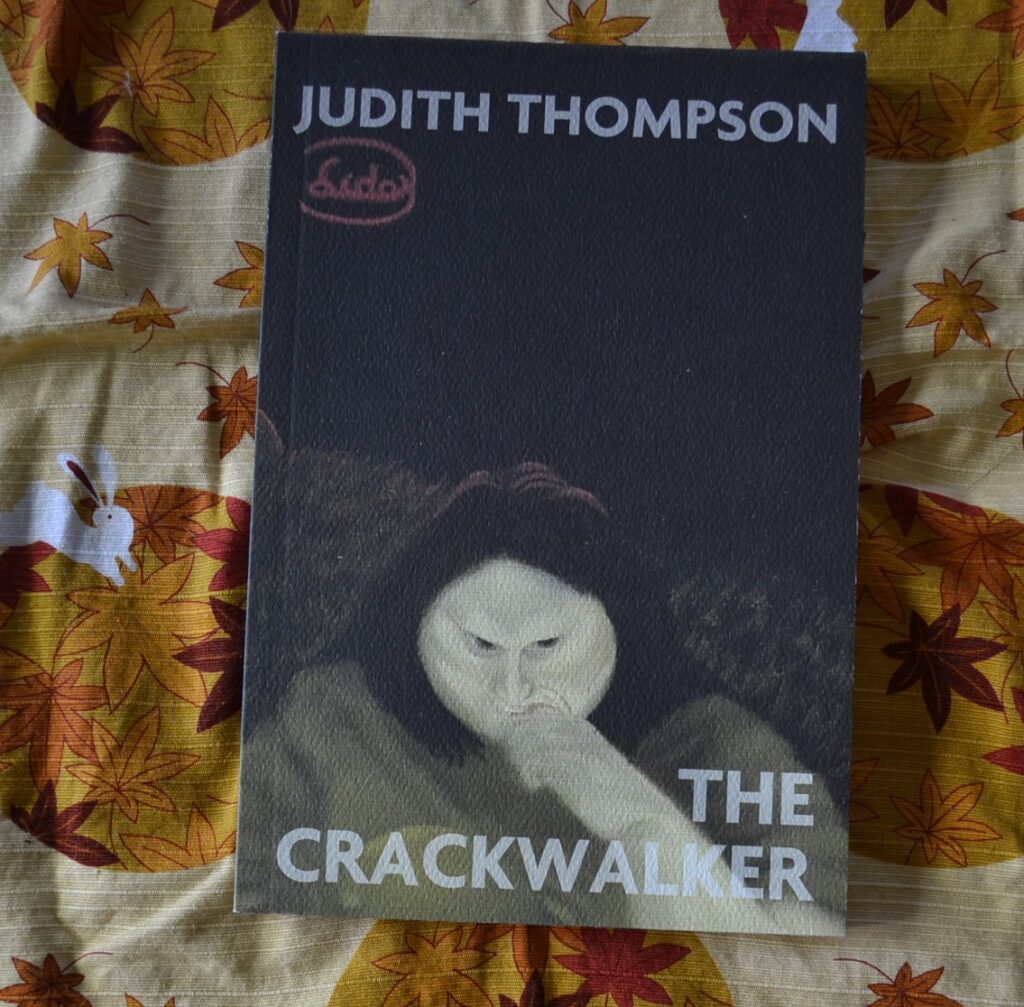
My lovely spouse recently took me to a production of Queen Maeve, another of Thompson’s plays. If you like the monologues here, you will love the series of monologues that Queen Maeve is structured around and the essential role they play on stage.
As an additional note, monologues are so fascinating to watch on stage. They are so challenging for an actor and, in the hands of gifted thespians, they can be absolutely magical.
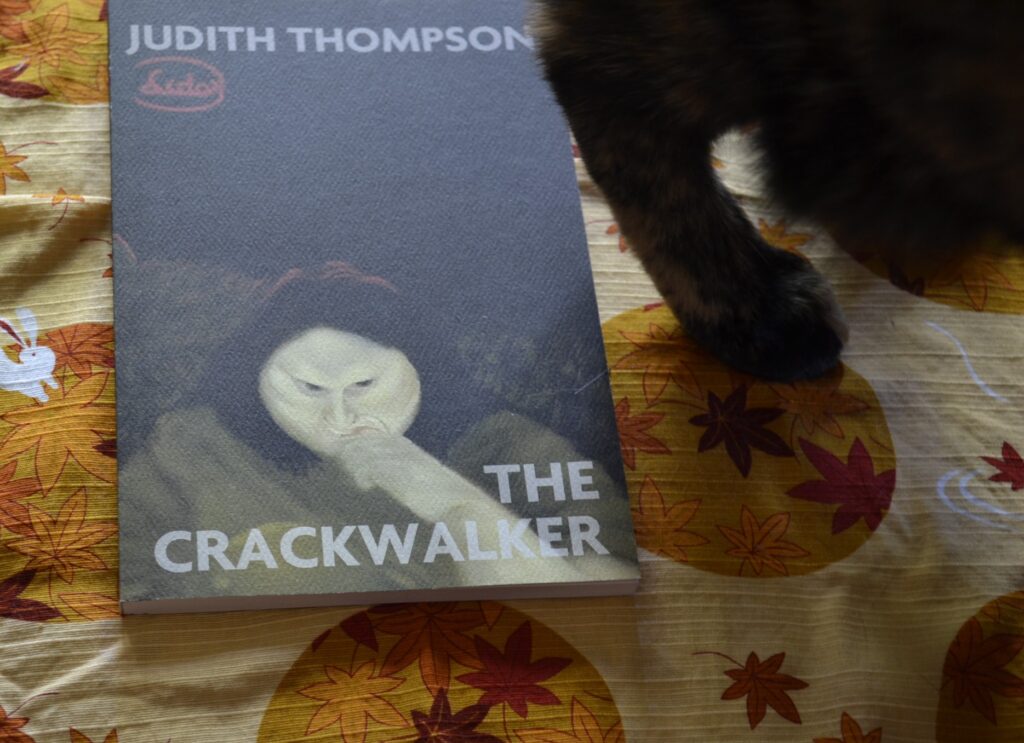
The Discomfort Is the Point
There are a lot of uncomfortable elements in this drama. There is the use of offensive language, violence against children, sexual violence, domestic abuse, and brutally ignorant ideas and concepts treated as truth. It’s all to illustrate a specific environment and make a statement of those that fall through society’s many cracks, but that doesn’t mean it’s comfortable to read, or easy.
However, this is one of those pieces that should never be easy or comfortable to read. Thompson specializes in working with themes and issues that need to be discussed but are far from pretty to confront or think about. So, if you’re looking for an easy play with a happy ending, I suggest you go elsewhere.
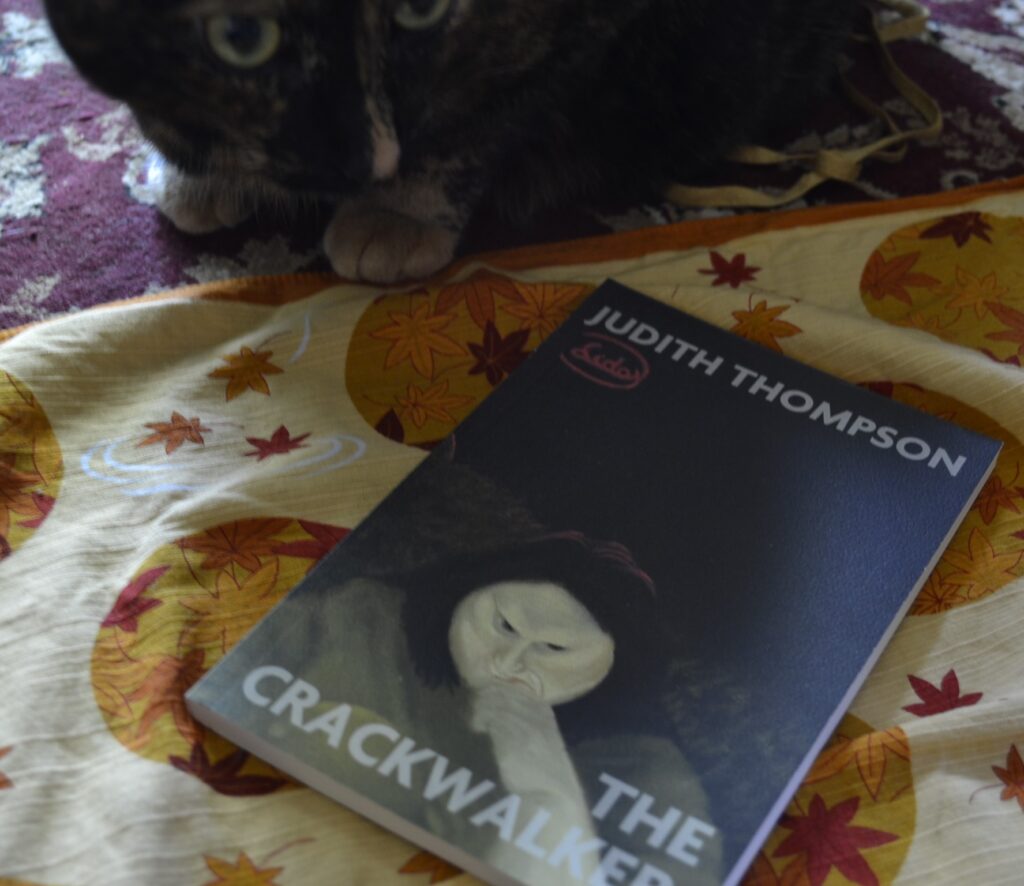
The Last Month of the Theatre Season
The theatre season is starting to finally wind down as more leaves start to turn and the fall rhythm of life begins. Some of the shows are wrapping up and the bustle of the downtown is moving at a slower pace. It’s a good time to shift gears and head right into peak spooky season!
The plays are over, but the ghosts are now emerging. Next week, I’ll be starting the reviews that I save books for all year, so get ready for this October’s eerie selections — including House of Leaves and The Daylight Gate, to name two! Happy Halloween month!
